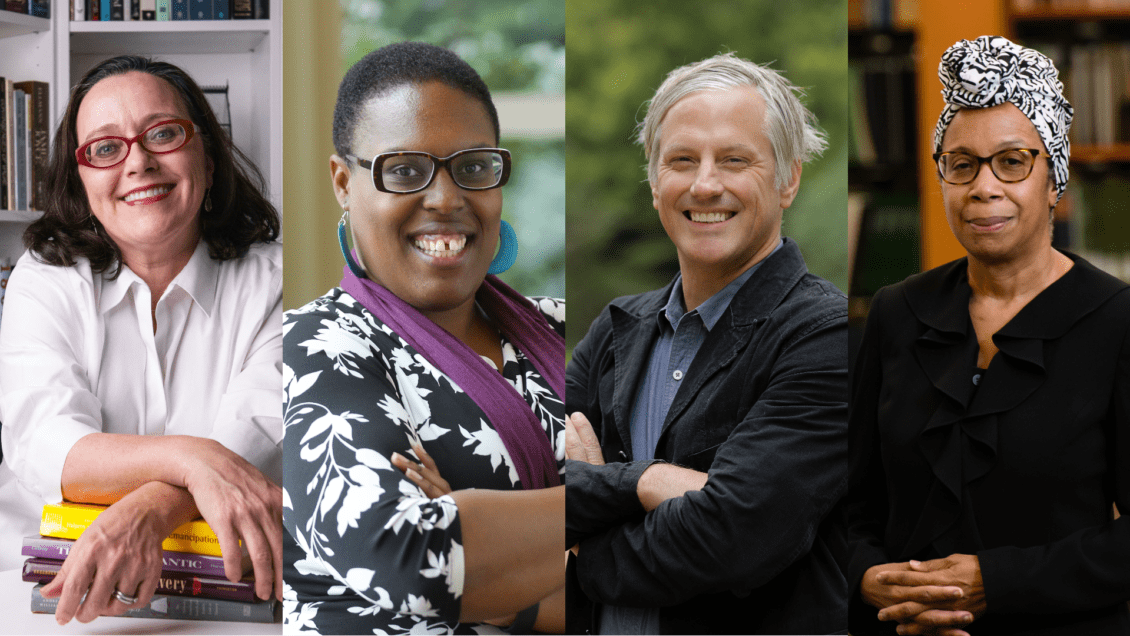Next summer, faculty from Clemson University and Furman University will lead an effort to reconstruct Black history in South Carolina with support from the National Endowment for the Humanities (NEH).
Clemson English professors Susanna Ashton and Rhondda Thomas will join Furman faculty members Gregg Hecimovich and Kaniqua Robinson to lead a summer institute entitled “Reconstructing the Black Archive: South Carolina as Case Study, 1739–1895.” The three-week residential institute is designed for more than 20 higher education faculty to study ways of reconstructing Black histories, using South Carolina as a case study. The institute is supported by a $198,317 grant from the NEH.
The assets of our two communities can really come together in a beautiful way.
Susanna Ashton, Professor of English, Clemson University
“The Black archive demands new ways of looking,” Ashton said. “If we look at census data, if we look at property records, if we look at court records—are there new questions we can ask of this material, perhaps in ways that push the boundaries of historical investigation?”
“The Black archive is a diverse collection of documents, artifacts, materials that document the Black experience and the African diaspora,” Thomas said. “So that would include everything from slave narratives to inventories of enslaved people to personal letters, journals, newspaper articles, photographs or artifacts that help to tell the story of Black people.”
“The stories and records of African Americans are difficult to assemble, they are difficult to find in the standard archives,” Hecimovich explained. “What we’re doing in this project is we’re drawing other scholars across the country together to collaborate with the tools that we’ve learned and that they are going to bring to us and their own challenges.”
“How we connect to the continent is disjointed because a lot of our history is oral, and it has not been documented in an equitable way, because our history was never given the same credit, or the same value,” Robinson added.
The institute is designed for scholars from diverse disciplinary backgrounds and will have a special focus on the history of the Upcountry, Ashton said. The three-week institute will begin with a week at Clemson University, followed by a week of travel to sites of historical significance throughout the state. It will finish with a week at Furman University.
“The assets of our two communities can really come together in a beautiful way,” Ashton said.
Scholars interested in participating may contact Ashton at sashton@clemson.edu. Applications for participation will open later in the 2022-2023 academic year.
Get in touch and we will connect you with the author or another expert.
Or email us at news@clemson.edu

